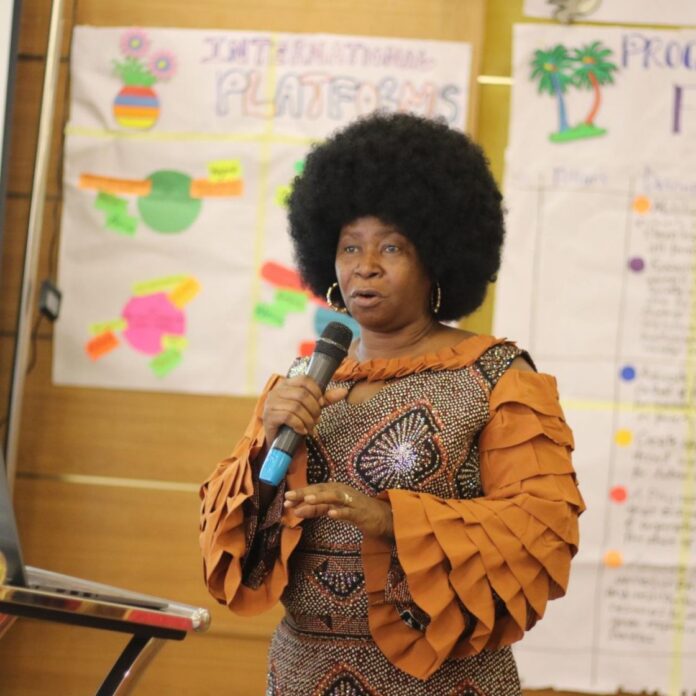ACTIONAID NIGERIA (AAN) has applauded President Bola Ahmed Tinubu for signing the Student Loan Bill into law, even as it called for priorities to be given to women and people with disabilities (PWDs).
The non-governmental organisation (NGO) in a statement on Tuesday by its Country Director, Ene Obi, said with the passing of the bill, the National Assembly has demonstrated its commitment to promoting equal opportunities and access to higher education for all individuals, regardless of their socio-economic background and reducing inequality.
Obi recalled that: ‘‘There was a time in Nigeria when tertiary education was free or highly subsidized. In the 1970s and 1980s, during the oil boom era, the Nigerian government implemented policies that provided free or heavily subsidized education at the tertiary level. “During this period, the government covered the tuition fees and provided financial support to students in public universities and colleges, giving scholarships at both national and international levels in its investment in human capital development.
“This allowed many Nigerian students to pursue higher education without having to pay tuition fees directly and a lot of our leaders today benefited from this. There were also student loans in the past that gave even more opportunities to more vulnerable students which were later stopped.”She further stated that: “Indeed, the action of the President is commendable and a welcome development.’’
Obi said ActionAid Nigeria recognised that the Students’ loan act is a succour to the plight of the poor if well implemented but that the sustainability of the process and the act itself should be deeply examined.She noted that for the Student Loan Act to be effective and sustainable, the Federal Government must create an enabling environment for job opportunities, and economic growth which in turn will help students to repay their loans after graduation, warning that “the signing of this bill should not be a ploy to increase tertiary tuition fees.”
She advised that: ‘‘Governments should consider several measures to assist students in repaying their loans by implementing income-driven repayment plans that adjust monthly loan repayment based on the borrowers’ level of income, particularly for those who will start up as self-employed and at lower cadre jobs. “The repayment methods should also include incentivising borrowers to work in certain public services sectors such as agriculture, public health, and education amongst others.”
She added: “Women and persons with a disability must be given utmost priority in the approval of the loans as a way of addressing historical inequalities, overcoming financial barriers, promoting inclusivity, and empowering marginalised groups.”
Obi recalled that KPMG, in its International Global Economic Outlook report, forecasted that Nigeria’s unemployment rate will rise to 41% in 2023, stating that the unemployment rate in Nigeria, according to the National Bureau of Statistics, stands at 33.3 per cent, under-employment is at 22.8 per cent, 42.5 per cent youth unemployment, and youth-underemployment is at 21 per cent, insisting that: “If the issue around under-employment or unemployment is tactically tackled, and students are not provided with financial literacy, the loan repayment may be a daunting issue.”
She admitted that “the Student Loan Act is a great initiative in all written intentions, but to ensure a fair and efficient administration of the loans, a decentralized approach that would not place all powers of coordination, supervision, and monitoring in the hands of the Nigerian Education Bank should be adopted. students and academic unions and civil society groups should be co-opted into this process.”


